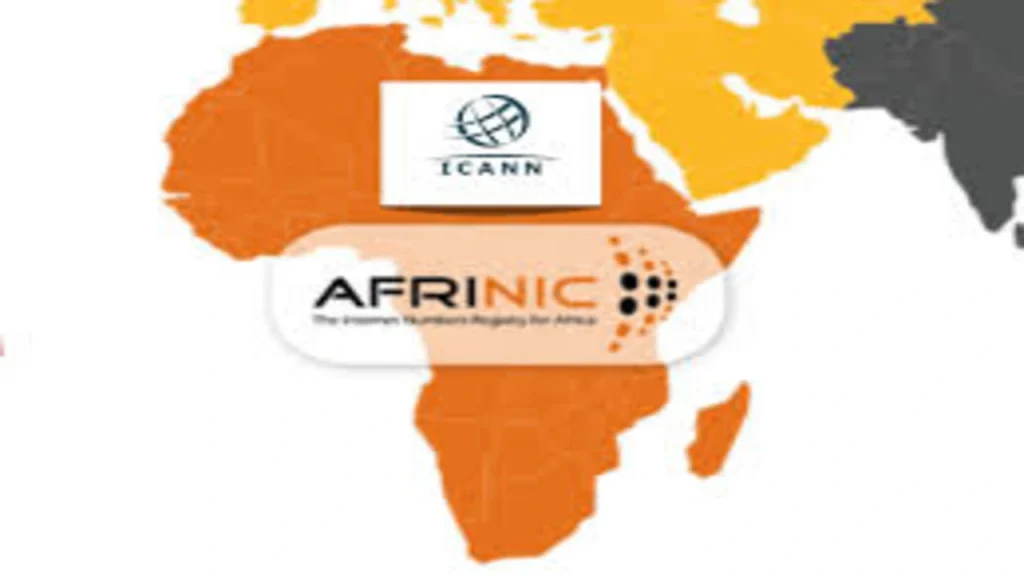- AFRINIC’s court-appointed receiver postponed elections to 30 September 2025, but legal authority for the extension remains unclear.
- Proposed changes to voting procedures appear to violate AFRINIC’s bylaws and Mauritian company law.
What happened: Can AFRINIC hold election by September?
Following disputed elections held on 23 June 2025, Gowtamsingh Dabee, the court-appointed receiver overseeing the governance of AFRINIC (African Network Information Centre), annulled the results amid allegations of irregularities—particularly regarding the use of Powers of Attorney (POAs).
In a widely circulated email, DABEE announced that he had sought and received an extension of his mandate from the Supreme Court of Mauritius to organise new elections by 30 September 2025. The announcement included sweeping changes to AFRINIC’s election process: banning proxies and POAs, enforcing online-only voting, and establishing a new Nominations Committee (NomCom) with regional representatives.
However, the legality and practicality of holding such elections under these revised rules are now under serious question. Observers and stakeholders have raised multiple concerns over whether this process is even possible within the framework of AFRINIC’s constitution and Mauritian company law.
Also read: EXPOSED: The letter that reveals who was really benefitting from AFRINIC’s lawsuits Also read: Is the AFRINIC election process compliant with Mauritian corporate law?
Why It’s Important
1. Legal uncertainty around the election extension
When DABEE was initially appointed receiver, the court mandated that the election of AFRINIC’s directors be completed on or before 30 June 2025 and strictly “in accordance with AFRINIC’s constitution.” Extending the deadline to 30 September, particularly without wide consultation or transparent court documentation, has prompted questions about whether this exceeds the receiver’s legal authority.
The stakeholders unclear on whether DABEE’s mandate remains valid past June. Without firm legal grounding, any election process he oversees may be vulnerable to legal challenge—or annulment.
2. Voting restrictions violate AFRINIC’s founding documents
AFRINIC’s bylaws explicitly permit members to vote either in person or via a designated representative—an industry-standard practice across corporate governance frameworks. The blanket removal of proxy and POA options, particularly without member approval, represents a major departure from these norms.
Observers note that this change may directly contradict provisions of the Mauritian Companies Act, which protects a member’s right to appoint a proxy to vote on their behalf. The proposed online-only voting model also risks disenfranchising participants who may lack reliable internet access or digital literacy, particularly in remote regions of Africa.
No amendment to AFRINIC’s governing documents has been made to support these changes, raising the risk that the election process could be deemed unconstitutional and procedurally invalid.
3. NomCom structure appears to contradict bylaws
The newly proposed Nominations Committee, to be composed of one person from each African sub-region, has also raised procedural flags. According to AFRINIC’s constitution, NomCom members cannot be from a region currently contesting a board seat. Since all sub-regional board seats are up for election this cycle, it is arguably impossible to form a NomCom that complies with this rule.
This structural contradiction presents a serious governance issue. Without a valid NomCom, there is no legitimate mechanism for candidate selection—making it unlikely the elections can move forward in any compliant manner.
4. A deeply flawed process, lacking transparency
Beyond legal questions, critics argue that the election process as currently envisioned lacks basic transparency. The receiver has not published a report substantiating the alleged irregularities from the June election. Nor has he explained why the drastic voting changes are necessary or how they comply with AFRINIC’s founding documents.
Moreover, no member-wide vote or consultation appears to have taken place regarding these fundamental electoral changes. The shift to a closed, online-only process—especially while barring long-standing voting mechanisms—appears inconsistent with both AFRINIC’s internal rules and the broader principles of inclusive governance.
An election in name only?
While an election has been announced for 30 September 2025, mounting legal doubts, procedural inconsistencies, and governance failures point to a process that may never materialise. The inability to legally constitute a Nominations Committee, the exclusion of lawful voting rights, and questions about the receiver’s mandate suggest that the path to legitimate elections remains block

